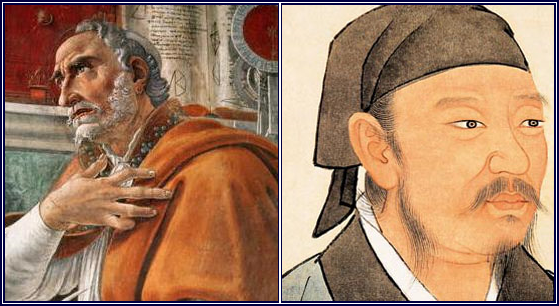Wednesday, February 3, 4:30, Swift 106 (co-sponsored with Global Christianities Workshop)

ABSTRACT:
While referring to some contemporary theoretical concern for human rights grounded on the person’s potential for sacred experience (Joas) and their implication to the institutional demand not to violate the entitled access to flourishing according to some universal criteria of minimal justice (Pogge), this project engages with a comparative reading of two historically unrelated traditions, Augustine and Xunzi. I will show how Augustine and Xunzi show differences and similarities when dealing with the sacred capability of human person as the source of entitlement for human flourishing and the institutional demand of securing basic rights for human flourishing according to their culture-specific visions of personal fulfillment and social order, which all resonate with the universal concern for human rights and universal criteria of thin justice.
The Workshop on the Philosophy of Religions is committed to maintaining itself as a fully accessible and inclusive workshop. Please contact Workshop Coordinator Anil Mundra (amundra@uchicago.edu) in order to make any arrangements necessary to facilitate your participation in workshop events.
